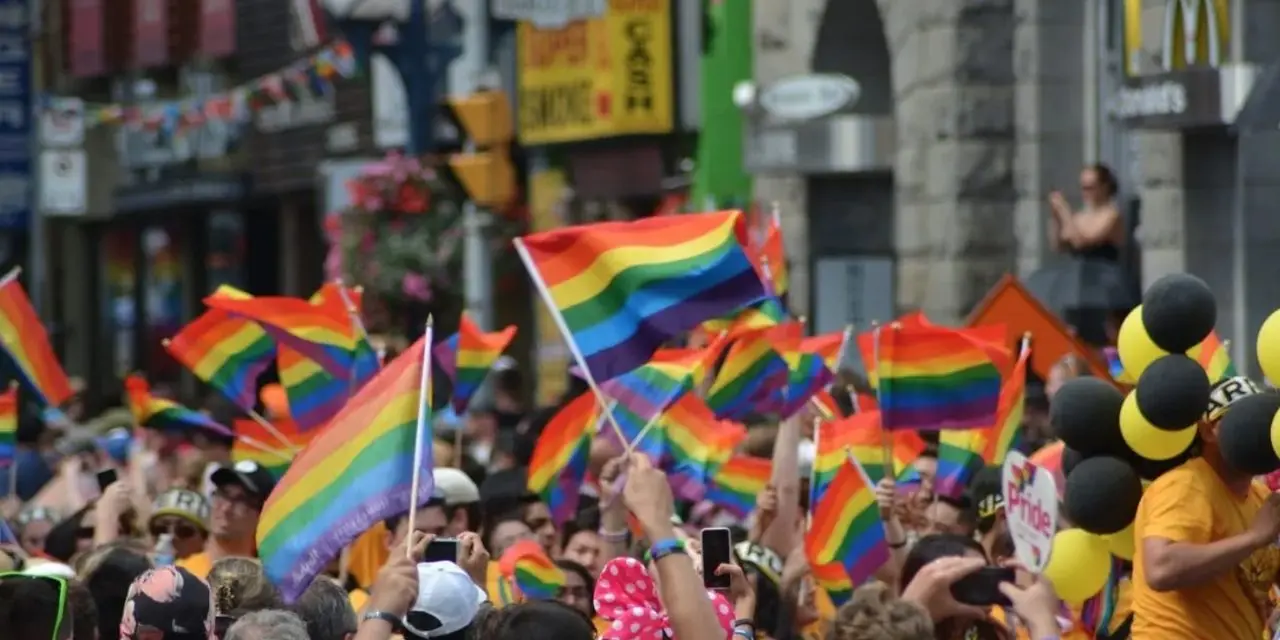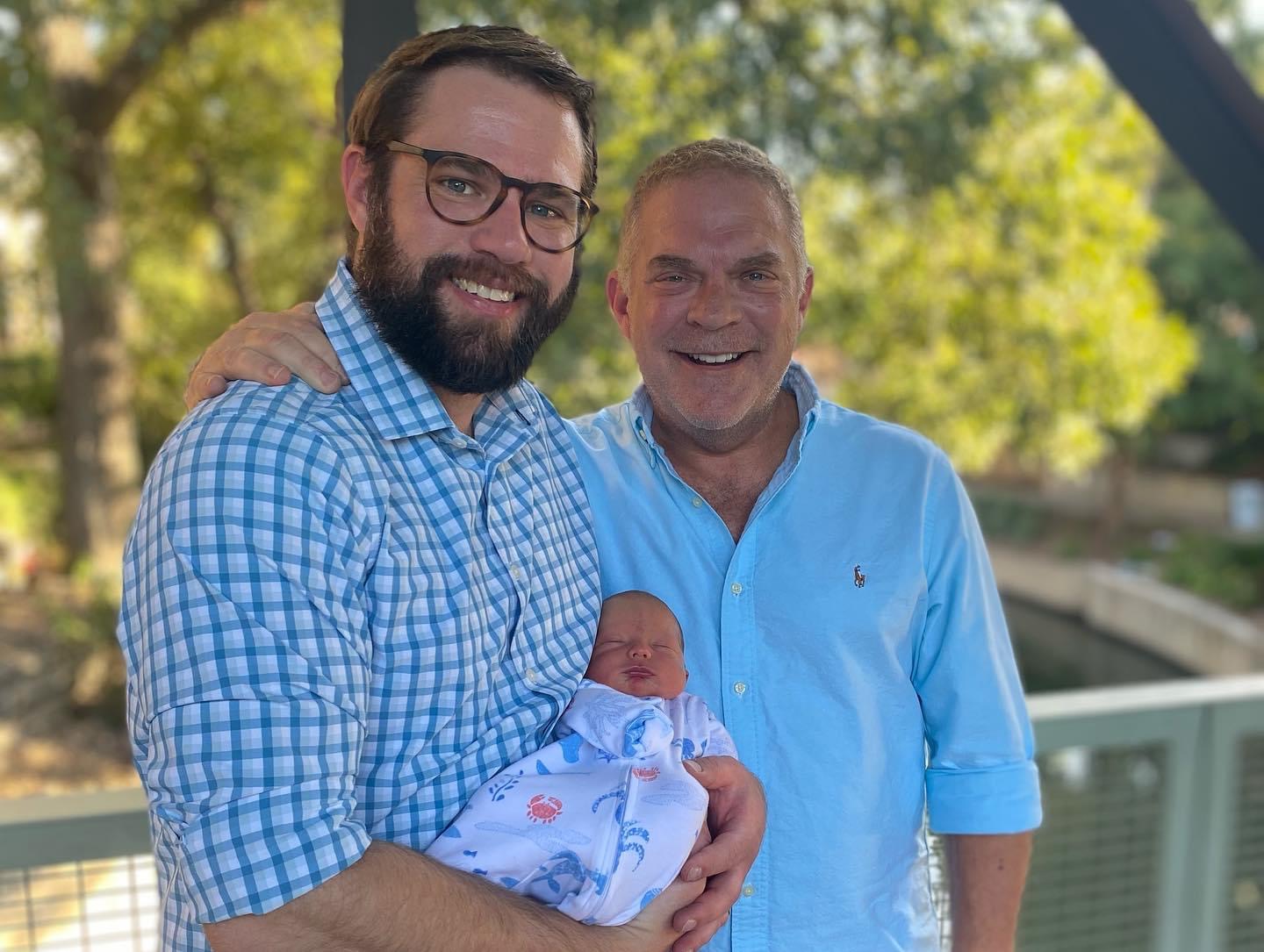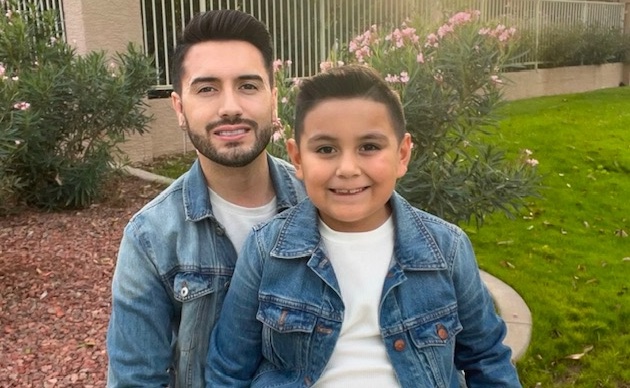Today, in a landmark decision, the Supreme Court ruled that the country’s 1964 Civil Rights Law prohibits employers from discriminating against their workers on the basis of sexual orientation and gender identity.
The ruling caught many by surprise, particularly coming from a court that hasn’t so much as tilted but lurched to the right under the Trump administration. Even more, the decision didn’t come down under the predictable 5 to 4 divide that has come to characterize so many other “controversial” votes before the court in recent years. The vote tally was instead 6 to 3 — with conservatives Chief Justice John G. Roberts Jr. and Justice Neil M. Gorsuch —the latter of whom wrote the majority opinion —joining the court’s four liberal members: Justices Ruth Bader Ginsburg, Stephen G. Breyer, Sonia Sotomayor and Elena Kagan.
At issue in the case was whether gay and transgender workers are protected under Title VII of the Civil Rights Act of 1964, which prohibits discrimination in workplaces based on race, religion, national origin and sex — and whether the designator “sex” applies to the LGBTQ community. The Trump administration argued it did not, but the highest court in the land today disagreed.
“Today, we must decide whether an employer can fire someone simply for being homosexual or transgender. The answer is clear,” Justice Gorsuch wrote in the majority’s opinion. “An employer who fires an individual for being homosexual or transgender fires that person for traits or actions it would not have questioned in members of a different sex. Sex plays a necessary and undisguisable role in the decision, exactly what Title VII forbids.”
The court was considering several different instances of workplace discrimination against LGBTQ people. In one instance, a gay man claimed he was fired from his job as a social worker in Georgia after joining an LGBTQ sports team. In another, a skydiving instructor was fired after telling a female client, who was nervous about being strapped in so closely to a man during a tandem dive, not to worry because he was “100% gay.” The third case concerned a transgender woman, Aimee Stephens, who was fired from her job at a Michigan funeral home after she began her transition.
The ruling comes during Pride month — and is a welcome bit of good news amid a nation gripped by the ongoing coronavirus pandemic, a painful and long overdue public reckoning on racial injustice and police brutality, and a series of high profile moves by the Trump administration to roll back protections for the LGBTQ community, and particularly the trans community.
This is truly a watershed moment for the LGBTQ rights movement. Up until this ruling, employers could legally fire someone based on nothing more than their sexual orientation in 28 states across the country, and in 29 states based on nothing more than gender identity. It’s a historic win and one we should celebrate, while keeping an eye on the multiple areas where the LGBTQ community continues to face discrimination. We may now be protected in our workplaces, but that same protection doesn’t yet extend to other areas of our life — like family building. At least nine states have passed so-called “religious freedom” laws that allow adoption and foster care agencies to discriminate against prospective LGBTQ adoptive parents. Moreover, these bills aren’t relics — they are currently gaining steam around the country, with many of them passed just in recent years and many more being introduced in state legislatures around the country.
Pointing out areas in which queer people still need to see progress shouldn’t diminish our historic win today. It should instead embolden us to fight harder — for our entire community. Notably, the Supreme Court’s decision today comes on the heels of the murder of multiple Black trans people, including Tony McDade, Nina Pop, Riah Milton and Dominique “Rem’Mie” Fells, and days after the four year anniversary of the Pulse nightclub shooting, in which 49 mostly Latinx queer people lost their lives. This violence, which disproportionately impacts queer and trans people of color in our community, is nothing new. It’s just now finally getting the attention it deserves. Which gives us all the more reason to keep pushing our Pride celebrations back to their radical, protest roots.
So let’s take a victory lap today, and then get back to work.






